Courses
Crisis Intervention
First Responders across the United States are being asked to respond to those in mental health crisis with increasing regularity. This course provides tools for officers to better engage with individuals experiencing a mental health crisis by helping them understand and interpret observed behaviors, providing strategies to calm individuals in crisis and provide safer outcomes for first responders as well as the people they serve. This course is available as a 40 hour block of instruction.
When The Threat is at Your Door
An introduction to Threat Assessment and Mitigation.The need for threat assessment professionals has significantly increased. With the prevalence of mass targeted violence, First Responders are the front line to identify, intervene, and notify appropriate agencies. This course will provide a basic introduction to the emerging field of threat assessment and threat mitigation, with an emphasis on the inclusion of a behavioral health component.
Commanding Calm: Strategies for Leadership in Behavioral Health Crises Response
Executive level command for Law Enforcement agencies are continually being called upon to review actions, strategically plan for their departments, assess for the needs of those they serve, and assist their agencies in the decision making process during mental health crises. It is necessary for Law Enforcement personnel to understand behavioral health crisis, serious mental illness, and the tactics and techniques that have been proven to work most effectively when responding to individuals in these situations. Utilizing the information from this course, and implementing effective strategies can help keep the officer safe, keep the public safe, and greatly reduce civil liability.
Behavioral Health: Behind the Bars
Detention officers hold a unique position in the Criminal Justice System. The balance of housing inmates in confined spaces and managing those with behavioral health conditions can be difficult. This course will provide an in-depth look at the need for additional training in the area of mental illness and inmates in crisis, offering techniques in de-escalation, re-direction, and recognition of the need for medical intervention and mental health diversion.
Street Therapy
First Responders are often the main contact for individuals who refuse to seek behavioral health assistance. This course will provide targeted interventions towards creative solutions to keep the client and others safe from potential danger due to untreated symptoms.
Suicide Prevention within
Law Enforcement Communities
This course will provide information on how to recognize, redirect, and restore those in law enforcement who may view suicide as a way to cope with stressors. The course will provide participants with a basic understanding of how to help their colleagues choose another path and connect with appropriate resources. Participants will gain an understanding of how stressors may result in Burnout, Compassion Fatigue, Vicarious Trauma, and PTSD. Through experiential exercises, participants will have the opportunity to gain insight into their own method of coping.
Brainstorming: Unraveling Traumatic Brain Injuries
Recognizing symptoms and behaviors associated with a Traumatic Brain Injury can assist First Responders in providing the appropriate response in a behavioral health crisis. Understanding the parallels between TBI symptoms and mental illness or intoxication can provide a better direction for First Responders when assessing needs during an emergency. This course provides techniques and strategies for interacting with individuals in their communities who are living with a TBI.
You Talkin' to Me
Certain behavioral health symptoms are believed to contribute to some form of public safety threat. This course will examine how delusions of paranoia and command hallucinations factor into the risk of violence. A targeted interview process is imperative to determine the danger continuum and proceed with appropriate interventions.
What a Cluster
Participants will gain a working knowledge of the signs of a cluster B personality disorder and recognize the common associated symptoms. Participants will also identify the challenges of working with individuals who exhibit related behaviors, as well as pivots to utilize when interacting with someone who may have a cluster B personality disorder.
Crisis Response and Intervention Training
The purpose of the Crisis Response and Intervention Training is to prepare police officers in their response to people experiencing crises related to behavioral health conditions and intellectual and developmental disabilities (IDD). This training is based upon the Memphis Model of Crisis Intervention Team (CIT) training. Like the Memphis Model, the CRIT is a week long (40-hour) curriculum that covers topics related to mental health, substance use, and effective responses to people who experience mental health or substance use-related crises in the community. Research suggests that CIT training is effective in improving law enforcement officers’ knowledge of behavioral health conditions, reducing the stigma associated with behavioral health conditions, increasing empathy, and enhancing officers’ confidence in their ability to successfully intervene in a crisis.
The Spectrum of Safety: Navigating interactions with individuals on the Autism Spectrum
This training aims to inform officers on the best practices for interacting with individuals with Autism Spectrum Disorder (ASD). These interventions are also applicable to those with intellectual and developmental disorders (IDD). This training will provide a biopsychosocial overview of ASD and a head-to-toe assessment of potential underlying medical conditions and potential traumas that could be attributed to behavioral outbursts that may not include a mental health diagnosis. Officers will have more knowledge and education on stereotypical behaviors and identifiable actions that could be due to an ASD diagnosis and provide interventions and best tips for positive interactions. This training can be conducted in a 2-hour time block. Studies have shown that ASD training for officers can improve interactions, enhance awareness, and promote inclusivity amongst this population.
We need your consent to load the translations
We use a third-party service to translate the website content that may collect data about your activity. Please review the details in the privacy policy and accept the service to view the translations.

